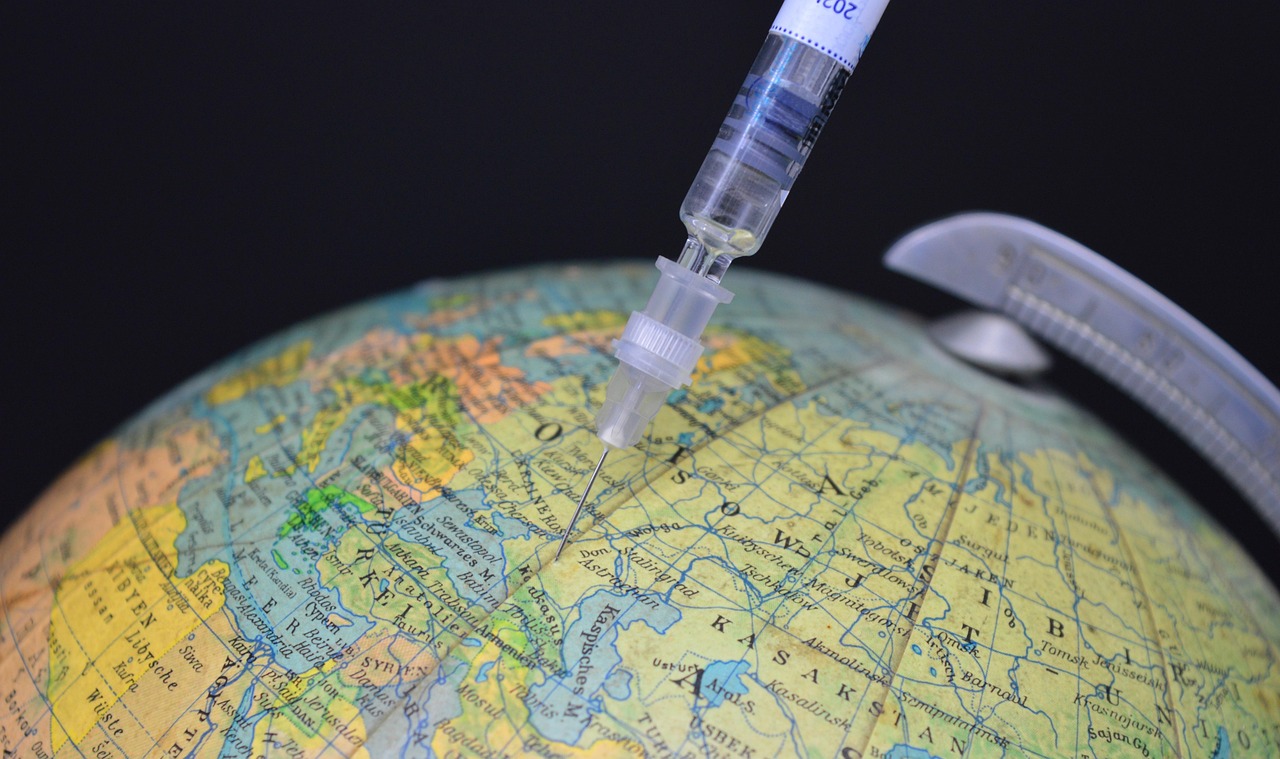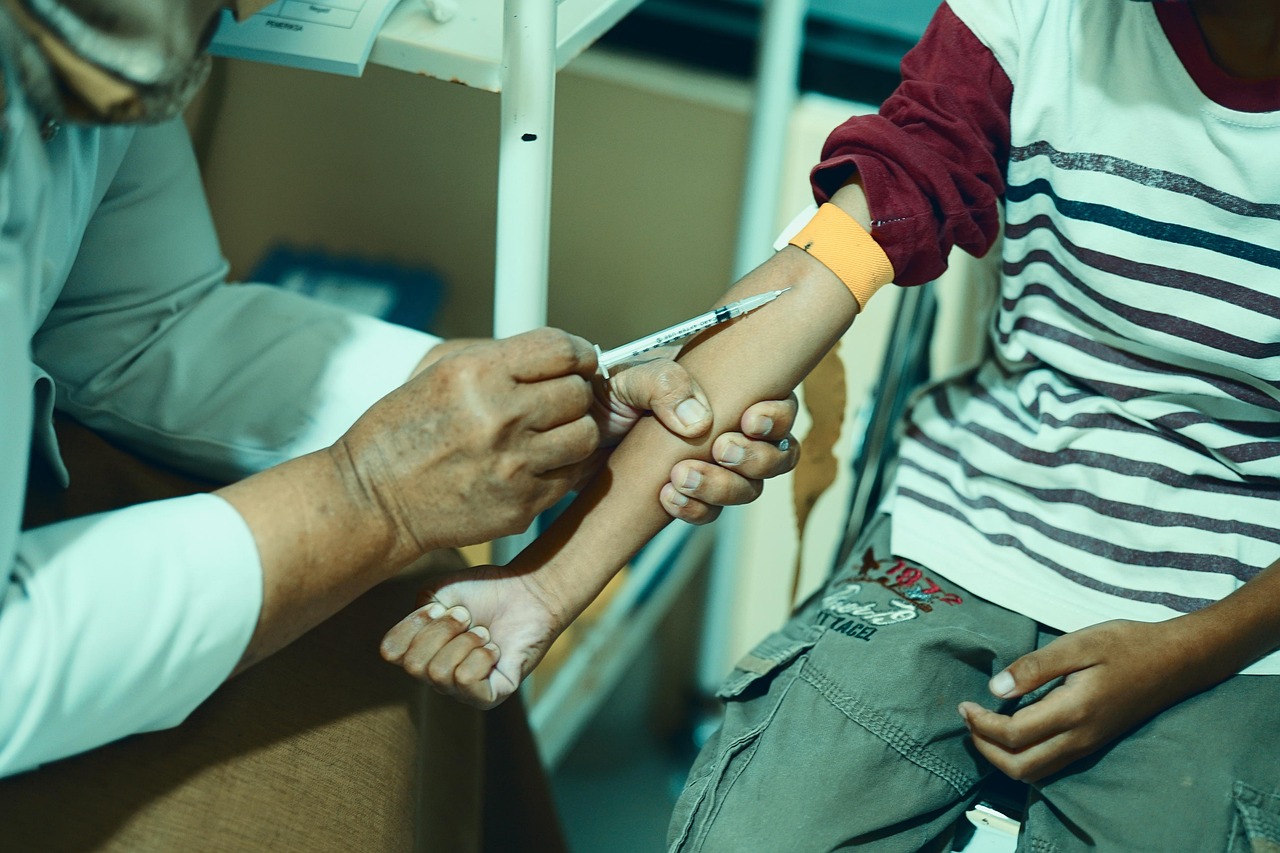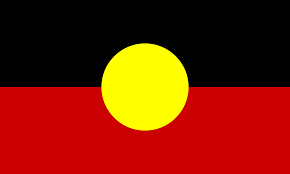How vaccines have transformed world health

The World Health Organisation (WHO) estimates that vaccines prevent 3.5 to 5 million deaths annually from diseases like measles, diphtheria, tetanus, influenza, and pertussis and a 2021 study published in The Lancet found that in just one year (specifically 2021), COVID-19 vaccines saved an estimated 20 million lives worldwide.
Since 1990, vaccines have helped reduce child mortality by over 50% globally, and the eradication of smallpox alone is estimated to have saved more than 200 million lives since 1980.
Vaccines have undeniably transformed world health, which is genuine cause for celebration especially at this time of year, as World Immunisation Week, a global public health campaign, organised by the WHO to promote the use of vaccines to protect people of all ages against disease, has just finished. This year marks the mid-point of the WHO’s ‘Immunisation Agenda 2030’ and the theme was ‘Immunisation for All is Humanly Possible’
The theme has two clear components. Firstly, ‘Immunisation for All’ underscores the principle that everyone, everywhere, regardless of income, geography, or circumstance, or social status, should have access to vaccines and critically, it acknowledges the millions of children, adults, and older people who still lack access to routine vaccines.
And secondly, ‘Possibility’ sets a target that reaching every person with essential vaccines is within our capability as a global community.
So, what’s stopping us? In simple terms, lower income countries still struggle to access vaccines due to their cost, access to supply and indeed, the lack of infrastructure, both physical and medical, to get vaccines to where they are most needed. Practically, there is also a growing distrust and misinformation around vaccines, especially online, and especially in developed, wealthy nations, that is undermining public confidence in vaccines.

Yet, vaccines are a great idea because they protect individuals and communities from serious diseases, often with just a few doses. They are safe, effective, and one of the most powerful tools we have for preventing illness and saving lives. In simple term:
They save lives
Vaccines prevent diseases like measles, polio, meningitis, and whooping cough—many of which used to kill or disable thousands every year.
They don’t just protect you
When you’re vaccinated, you help stop the spread of disease to others, especially babies, elderly people, and those with weakened immune systems.
They save money as well as lives
Vaccines reduce healthcare costs by preventing hospital stays, missed work or school, and long-term disability.
They Help Communities Thrive
Widespread vaccination allows societies to reopen, travel, work, and go to school safely, which was especially important during the recent COVID19 pandemic.
They can eradicate diseases
Vaccination wiped out smallpox and has nearly eliminated polio in most parts of the world. The more people vaccinated, the closer we get to eliminating other diseases too.
They’re a Shared Responsibility
Choosing to get vaccinated is not just about protecting yourself—it’s about doing your part to protect your family, friends, and community.
Vaccines have transformed world health by drastically reducing illness, disability, and death caused by infectious diseases. Since their widespread use began in the 20th century, vaccines have become one of the most effective and cost-efficient public health interventions in history.
According to the WHO, vaccines prevent 3.5 to 5 million deaths each year from diseases like measles, diphtheria, tetanus, and pertussis and smallpox, once a deadly global disease, was eradicated in 1980 thanks to a worldwide vaccination campaign.
And vaccines don’t just protect individuals, they help build herd immunity, reducing disease spread and protecting vulnerable people who can’t be vaccinated, like newborns or immunocompromised individuals.
Healthier populations are also more productive, need less medical care, and contribute more to economic development.
Vaccines have changed the course of human history by:
- Saving lives
- Strengthening economies
- Protecting the vulnerable
- Enabling safer, more connected societies
Surely a great reason to continue to mark and celebrate World Immunisation Week.


